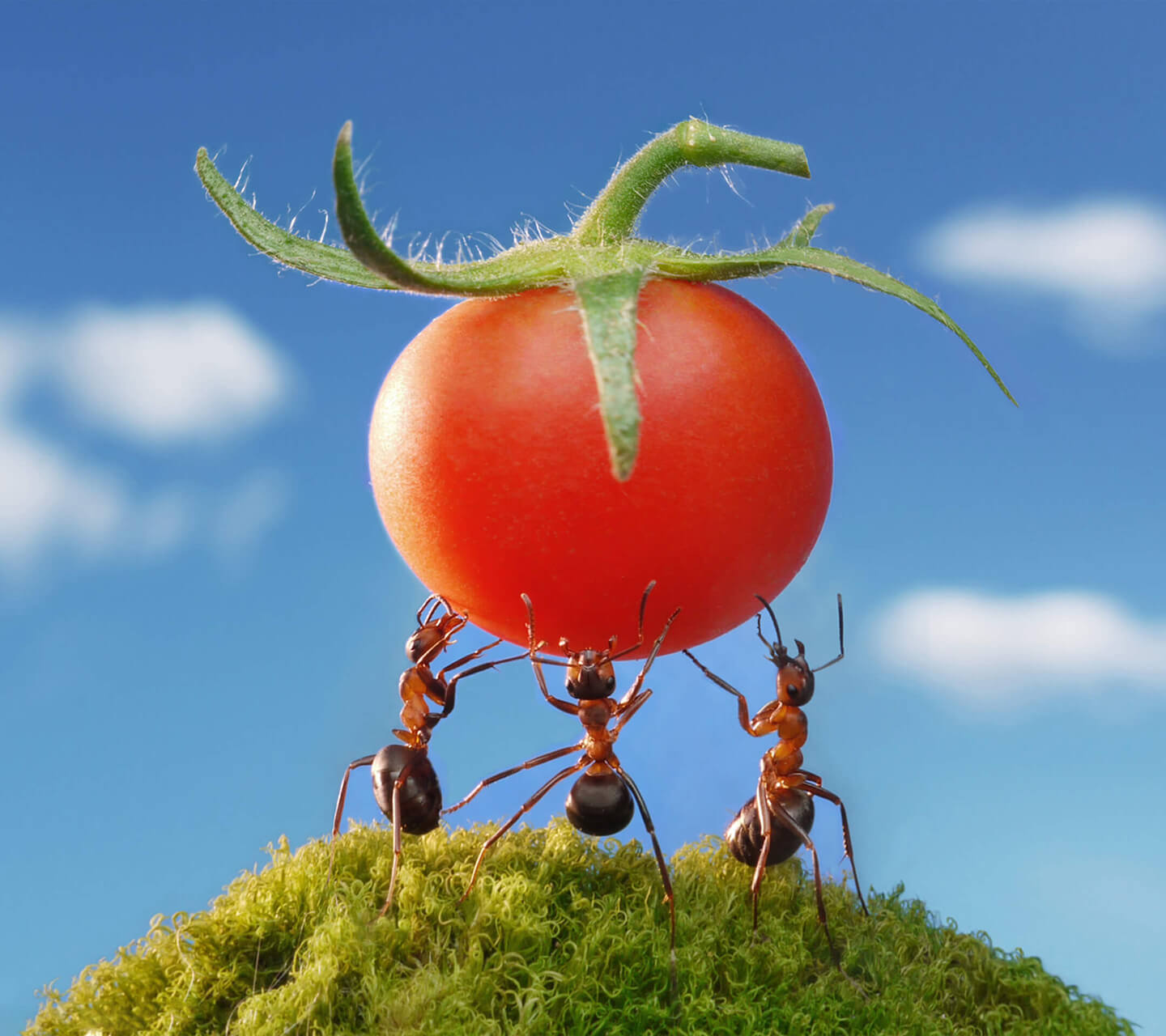Teamwork and it's reward
This is the combined effort of a group or people, especially when it is effective and efficient.
In healthcare, teamwork is "a dynamic process involving two or more healthcare professionals with complementary background and skills, sharing common health goals and exercising concerted physical and mental effort in assessing, planning, or evaluating patient care".Having followed a volatile trend in the past century, the societal diffusion and application of teamwork has shown a sharp increase since the late 1970s.
In a business setting, accounting techniques may be used to provide financial measures of the benefits of teamwork which are useful for justifying the concept.Health-care policy-makers increasingly advocate teamwork as a means of assuring quality and safety in the delivery of services;a committee of the Institute of Medicine recommended in 2000 that patient-safety programs "establish interdisciplinary team training programs for providers that incorporate proven methods of team training, such as simulation."
Team Development
Research has shown that team performance should be seen as a series of input-process-outcome-episodes that are defined as temporal cycles of goal-oriented activities.These episodes consist of action and transition phases.Action phases focus on activities that are directly related to goal achievement, while transition phases focus on the evaluation and/or the planning of activities to guide the goal accomplishment.Within these phases there can be distinguished between ten different processes arranged into three higher-level categories:
Researchers identified 10 teamwork processes which simplified into three categories:
Transition process: (between periods of action) mission analysis,goal specification,
strategy formulation.
Action process: (when the team attempts to accomplish its goals and objectives)
looking into progress toward goals settings. Team monitoring and backup behavior coordination.
Interpersonal process: (present in both action periods and transition periods)
conflict management
motivation and confidence building
affect management
Research has confirmed that performing teamwork generally works better when members of the team have experience working together due to enhanced coordination and communication.This appears partly due to a chemical called serotonin, which helps an individual to communicate better and think more positively.Serotonin is producedwhen an individual is in a situation where he/she is in comfortable environment.Teams run more efficiently when the individual members communicate with the other members.
Training to Improve Teamwork
As in a 2008 review, "team training promotes teamwork and enhances team performance."In specific, a 2014 metal analysis of 45 published and unpublished studies concluded that team training is "useful for improving cognitive outcomes, affective outcomes, teamwork processes, and performanceoutcomes."
Drawbacks and Benefits
This is partly due to effects such as social loafing. In other words, group energy that could otherwise be put into work processes (e. g. creativity, thought processes) is needed for group process.Even though there are some drawbacks to working in groups, it can also be beneficial. Some groups outperform what would be expected of them in terms of skills – these groups experience what is called social labouring (in contrast to social loafing).Social labouring occurs when there is a high motivation to fulfil the task, when there is a strong group identity, and also when members are of non-Western, collectivist cultures._haul_in_a_mooring_line_while_mooring_the_ship_in_Faslane%2C_Scotland.jpg)


